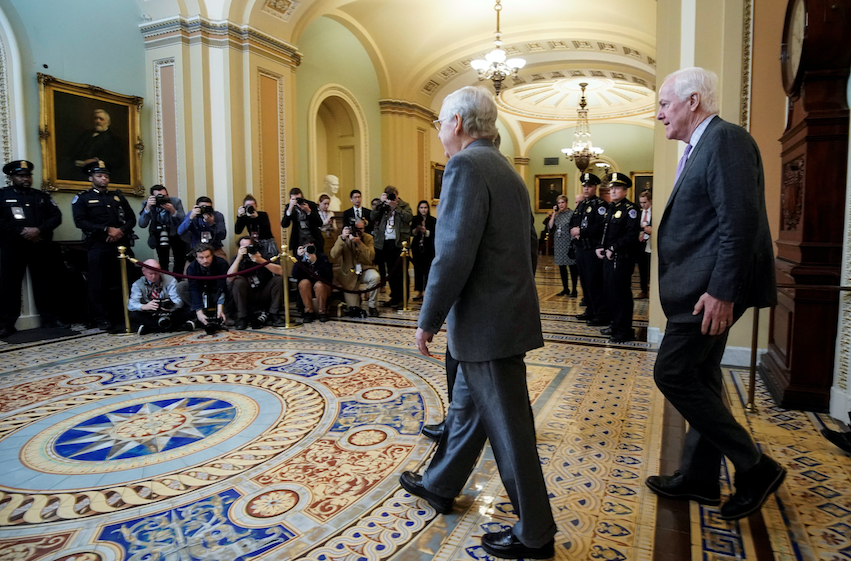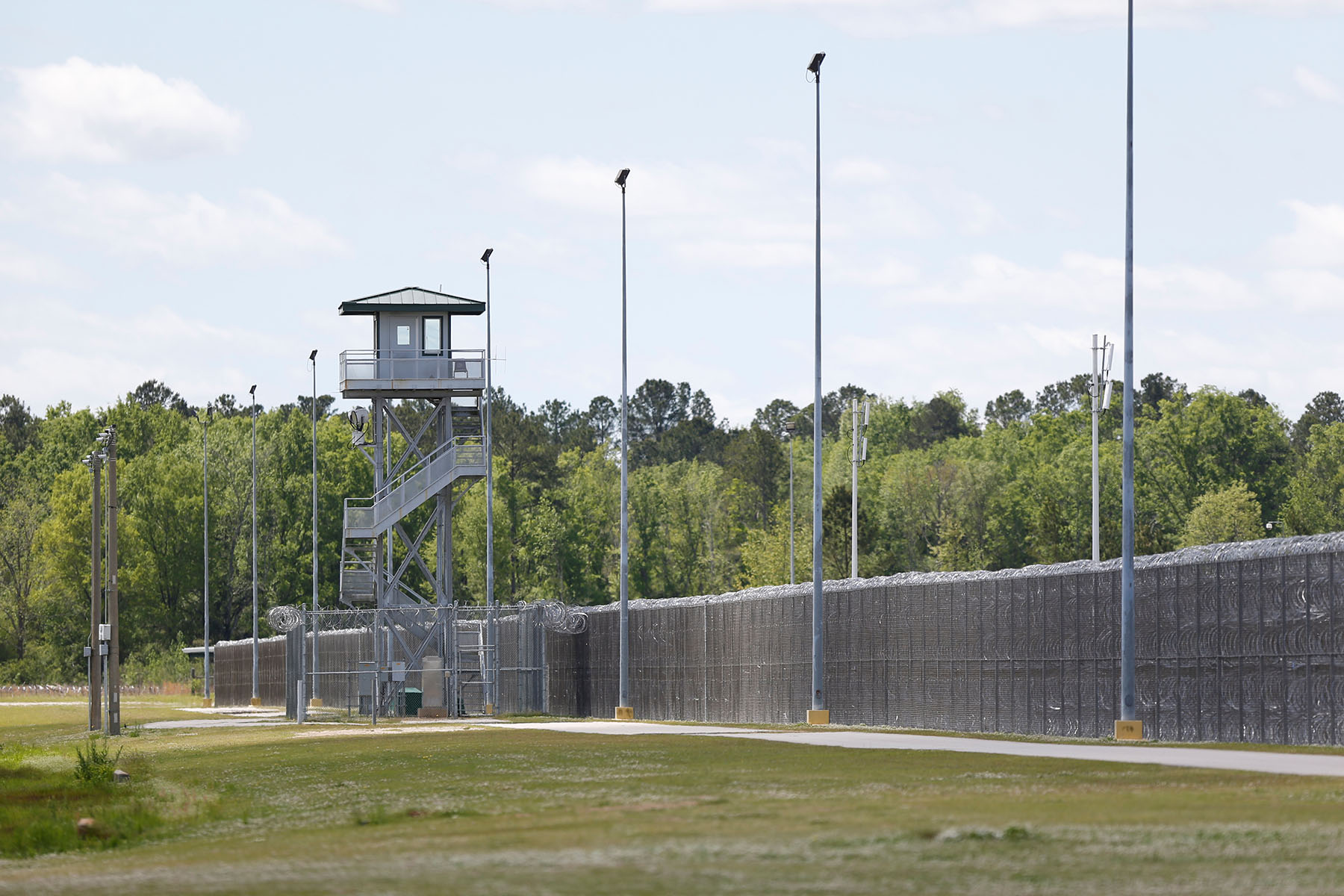Editor’s Note: A previous version of this story had the number of signatories for the Reporters Committee for Freedom of The Press letter to the Senate as “75”. The correct number of signatories is “57”.
In the wake of President Donald Trump’s impeachment trial, Senate Sergeant-at-Arms Michael Stenger has imposed a wave of new restrictions that severely limit journalists’ ability to report on the hearings.
According to NPR, “Reporters are being confined to small cordoned-off sections in areas where unrestricted access was typically standard. They are being prevented from walking with senators to continue conversations – even when the senators involved is willingly participating.”
The restrictions have drawn wide scale criticism from media organizations and free press advocates.
On Tuesday January 14th, the Standing Committee of Correspondents, the organization representing journalists on Capitol Hill, sent a letter to Senate Majority Leader Mitch McConnell (R-KY) and Minority Leader Charles Schumer (D-NY), arguing that many of the decisions were made quickly and without the necessary attention needed to balance safety corners with press access.
“Capitol Hill is one of the most accessible places in Washington, but the proposed restrictions exceed those put in place during the State of the Union, Inauguration Day, or even during the Clinton impeachment trial 20 years ago,” the letter reads.
A second letter, drafted by the Reporters Committee for Freedom of the Press and signed by 57 news organizations, was sent on Thursday night, January 16th, urging the Senate to reconsider press restrictions.
“Absent an articulable security rationale, Senate leaders, the Senate sergeant-at-arms, and the United States Capitol Police have an obligation to preserve and promote the public’s right to know,” the letter said. “Reporters must have the ability to respond quickly to rapid developments and need reasonable access to lawmakers who wish to speak to the press.”
According to NPR, news organizations are still in the process of negotiating the rules with Stenger.



